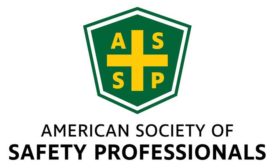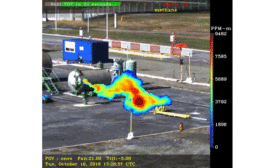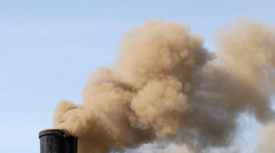Environmental Health and Safety
ADVERTISEMENT
How do I ship a lithium battery?
Start with these four questions to simplify your compliance responsibilities.
December 16, 2019
Honeywell acquires Rebellion Photonics, a leader in intelligent, automated, visual gas monitoring solutions
Expands Honeywell’s gas monitoring, industrial processing and software solutions with platform that maximizes safety, operational performance, emissions mitigation and compliance in oil and gas, petrochemical and power industries
December 16, 2019
A FairWarning Story
Dirty air and the human brain: Does pollution poison the mind?
December 13, 2019
Become a Leader in Safety Culture
Build your knowledge with ISHN, covering key safety, health and industrial hygiene news, products, and trends.
JOIN TODAYCopyright ©2025. All Rights Reserved BNP Media.
Design, CMS, Hosting & Web Development :: ePublishing









